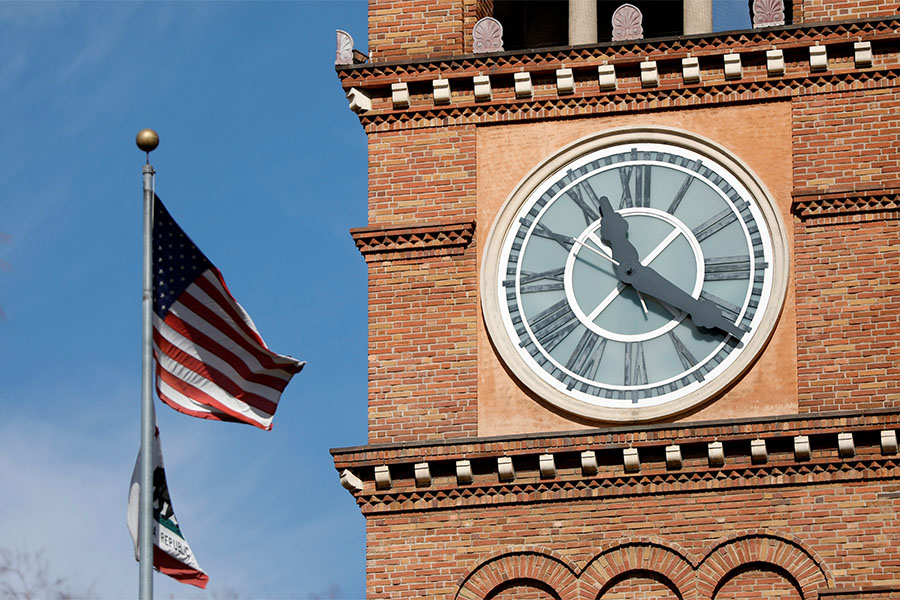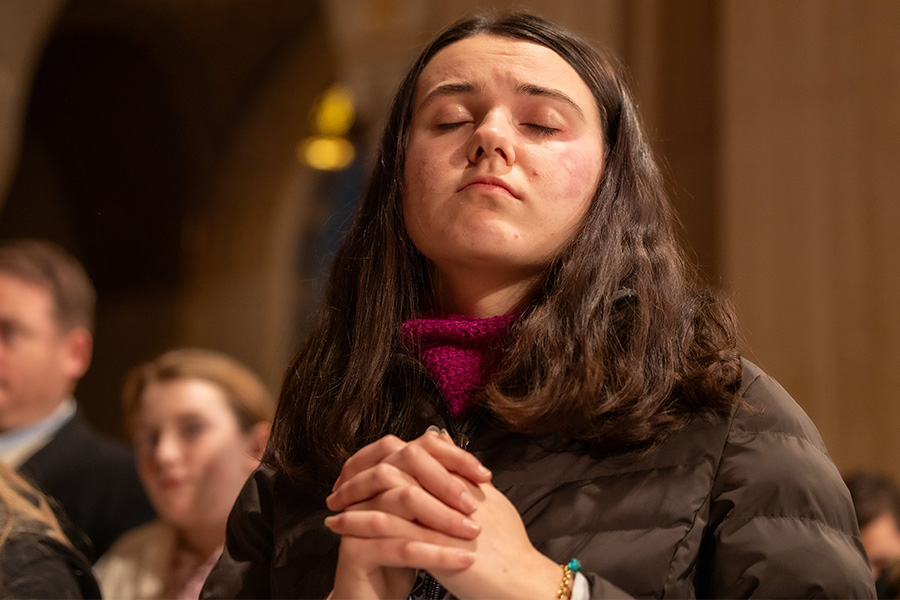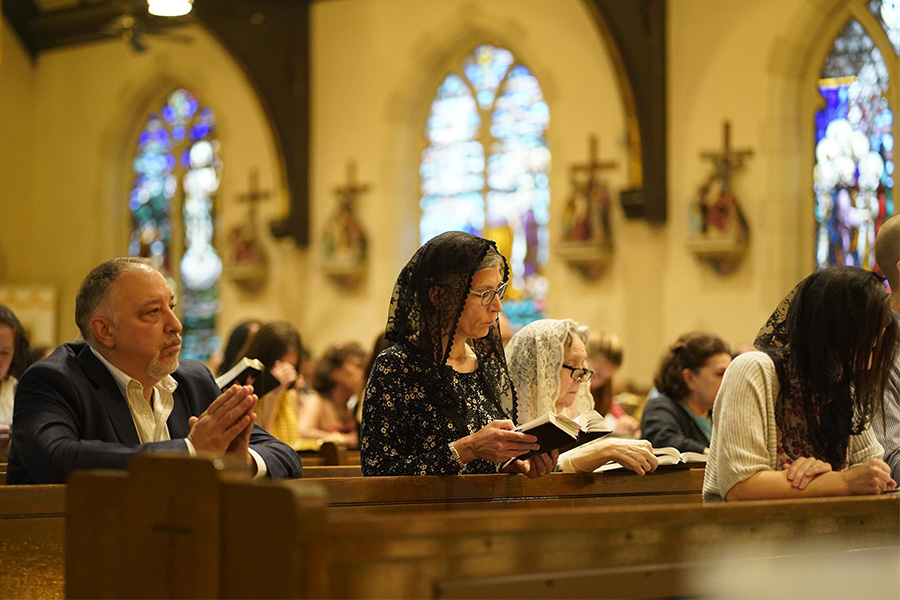Now that the Christmas season is gone, many people find themselves slipping into a slump. The endless buffet of cookies has become a lackluster plate of chicken, broccoli and brown rice. The Christmas carols we heard in every store have reverted to meaningless pop songs. The presents we were eager to give have reappeared in the form of credit card bills. And the lights that glistened on every tree have disappeared, leaving us with barren branches to gaze upon.
The joy that carried us from the transition from fall to winter has fizzled out, and we can’t help but feel a little bit empty. For most people, the post-holiday letdown only lasts a week or two, but for some people, this dampened mood lasts for months. According to Psychology Today, about 10 million Americans suffer from seasonal affective disorder, or SAD, a condition that doctors believe is related to the lack of sunlight that is caused by shorter winter days.
People who have SAD tend to exhibit signs of depression, such as fatigue, an increase or decrease in appetite, lack of motivation, feeling withdrawn, and having excessively negative thoughts. The theory is that SAD happens because people aren’t able to get enough sunshine in the winter. This is particularly true for people who leave their homes in the early hours of the morning, work under fluorescent lights in a building all day, and return home after dark. It would be helpful if you can manage to squeeze in a short walk outside while the sun is out, but if not, there are several treatment options available.
Part of the reason we don’t feel well after being inside for too long is that we aren’t getting enough Vitamin D. We rely heavily on the sun to provide us with Vitamin D, which is important for maintaining our bone health and boosting our immune system, among other things. Your doctor can recommend supplements that can make up for what you’re missing while you’re spending the bulk of the day in your car or at your desk. Another way you can increase your vitamin D is by using a light box. You can find one online for under $50, but it is essential that you talk to your doctor to make sure you are using the right one, at the right time of day, for the right length of time.
SAD can be serious and can even lead to thoughts of suicide, which is why it is important to talk to your doctor as soon as you recognize the symptoms. If Vitamin D supplementation and light box use aren’t working, antidepressant medication and therapy can help.
By giving your body and your mind what you need to make it through the dark and cold winter months, you will be able to appreciate the beauty of a blanket of snow, a cardinal at your window feeder, and movie night in your living room. But keep in mind that your spirit also needs nourishment between Christmas and Easter. Continue to attend Mass weekly and, if possible, daily. Subscribe to a faith-based daily email newsletter. Serve others in your community. Pray for peace in your body and your mind. Even when the sun is slipping from your grasp, God’s light is always within reach:
“The LORD bless you and keep you; the LORD make his face shine on you and be gracious to you; the LORD turn his face toward you and give you peace.” Numbers 6:24-26 NIV
Visit the following links for more information:







